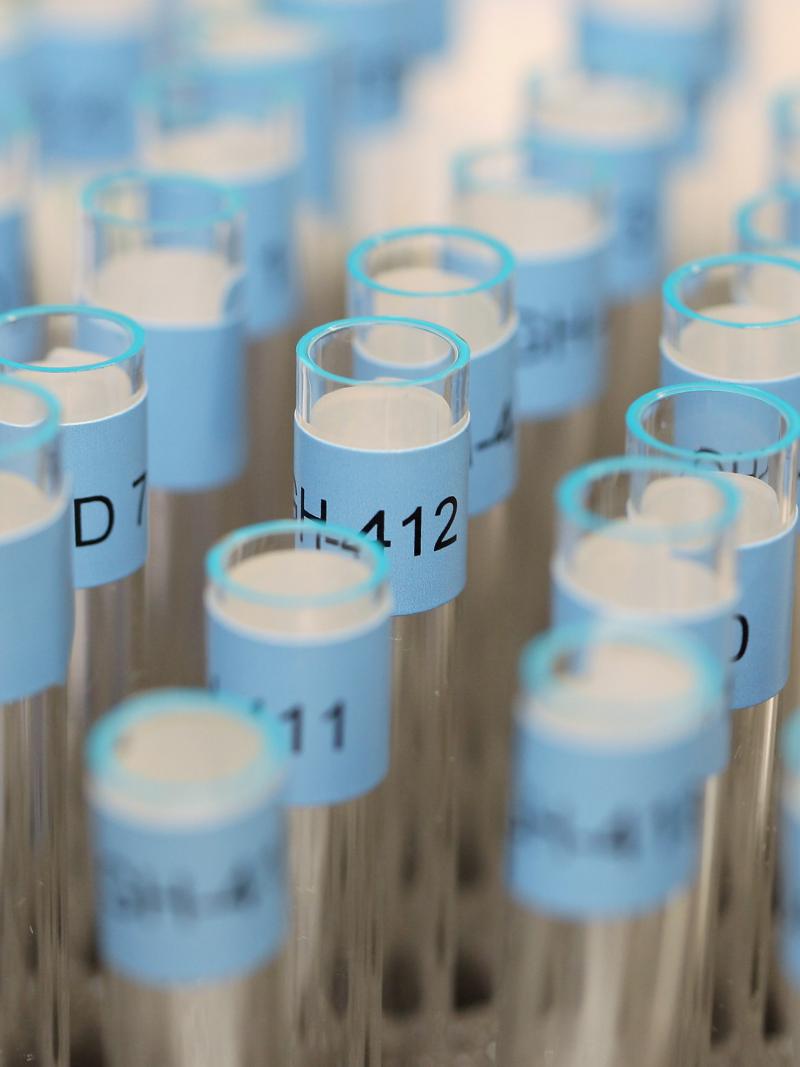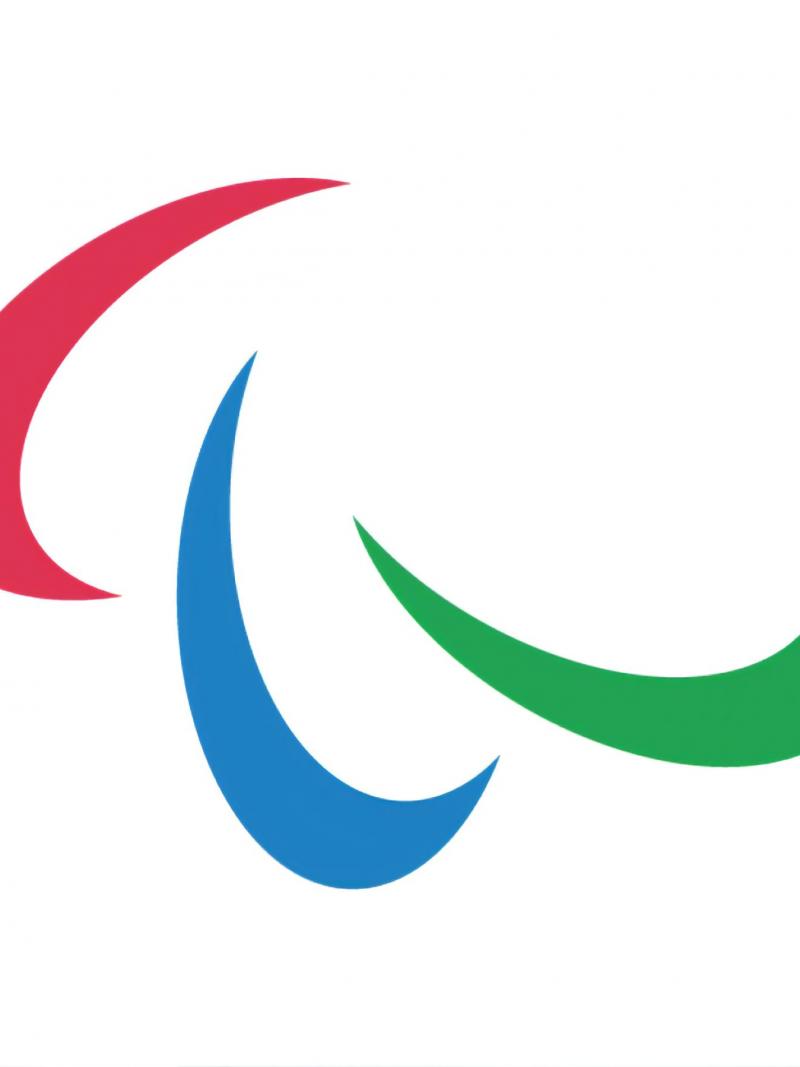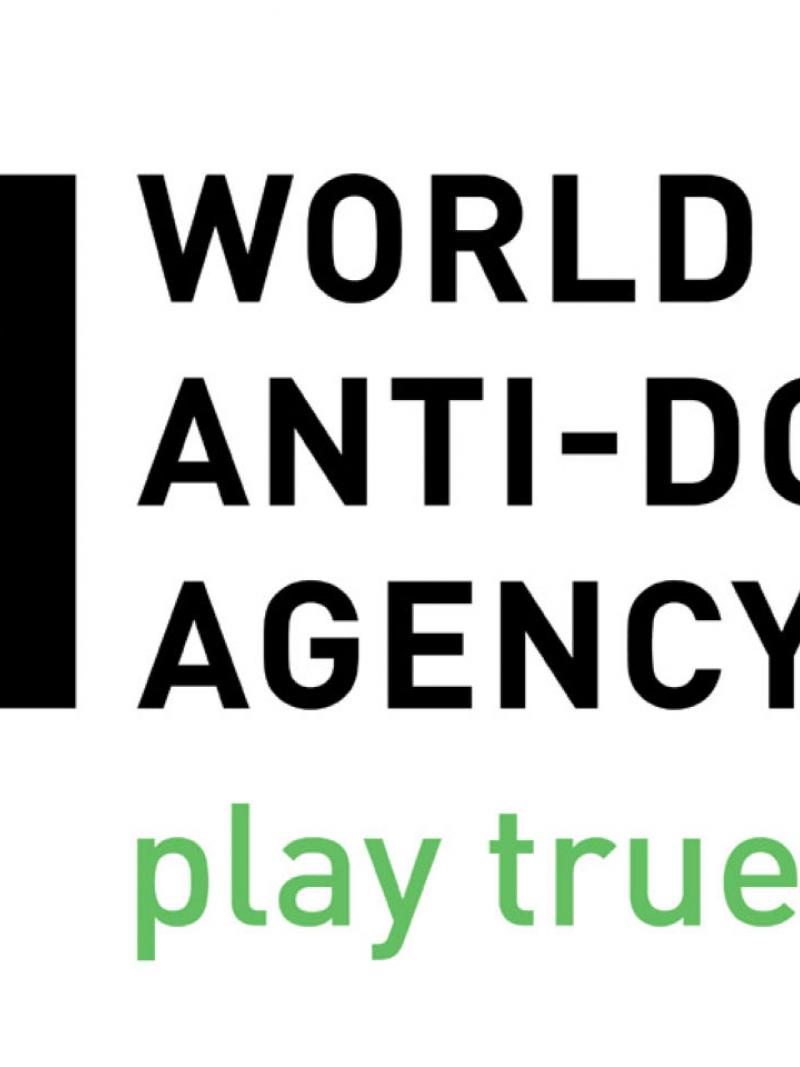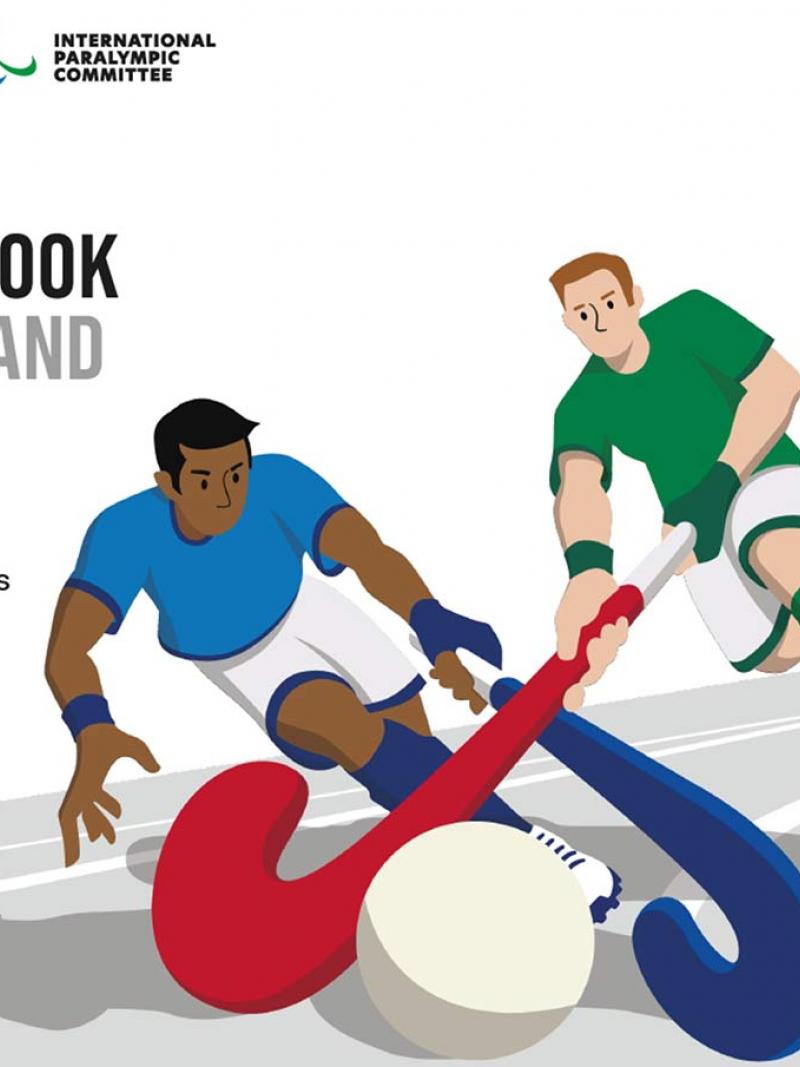IPC launches Doping Control Guide for Testing Athletes in Para Sport
Guide includes tips on how to engage with athletes with a disability and information about the types of impairments eligible within Para sport 15 Jul 2021The International Paralympic Committee (IPC) has launched the Doping Control Guide for Testing Athletes in Para Sport to assist anti-doping organisations and those working out in the field, collecting samples from Para athletes for anti-doping purposes ahead of the Tokyo 2020 Paralympic Games.
The IPC Guide includes tips on how to engage with athletes with a disability, information about the types of impairments that are eligible within Para sport and advice on how to manage the sample collection process, when modifications are required in order for the athlete to comply.
The Doping Control Guide for Testing Athletes in Para Sport is aligned with ‘Annex A – Modifications for Athletes with Impairments’ of the World Anti-Doping Agency’s International Standard for Testing and Investigations (ISTI).
James Sclater, IPC Anti-Doping Director, said: “Doping control officers may experience some trepidation ahead of testing Para athletes – because they may be unsure of what to expect or how to navigate the sample collection process in a way that respects the athlete, whilst also safeguarding the integrity of the sample.
“This guide aims to dispel misconceptions that may exist about Para athletes and provide practical advice to help ensure a safe, robust testing experience for both the athlete and the doping control officer.”
The IPC Guide also includes an appendix with an overview about the Classification System and the different sport classes included in the Paralympic Summer and Winter Games competition programmes.
“Having a basic understanding of the type of disability and the activity limitation the athlete might experience as a result can help inform the doping control officer’s approach and the type of modifications that might be required,” Sclater added.
The Doping Control Guide for Testing Athletes in Para Sport is also intended for general use as a training resource and best practice model for anti-doping organisations and other organisations and individuals with a vested interest in Para sport – such as National Paralympic Committees (NPCs) and athlete support personnel.
“Para athletes are exposed to the same risks and temptations as able-bodied athletes and the IPC’s seeks to remove barriers and support the quality of testing and education programmes across the Paralympic sports. The IPC looks forward to the first official use of this resource as part of the anti-doping programme at Tokyo 2020,” the IPC Anti-Doping Director said.
The IPC Doping Control Guide for Testing Athletes in Para Sport can be downloaded here.








